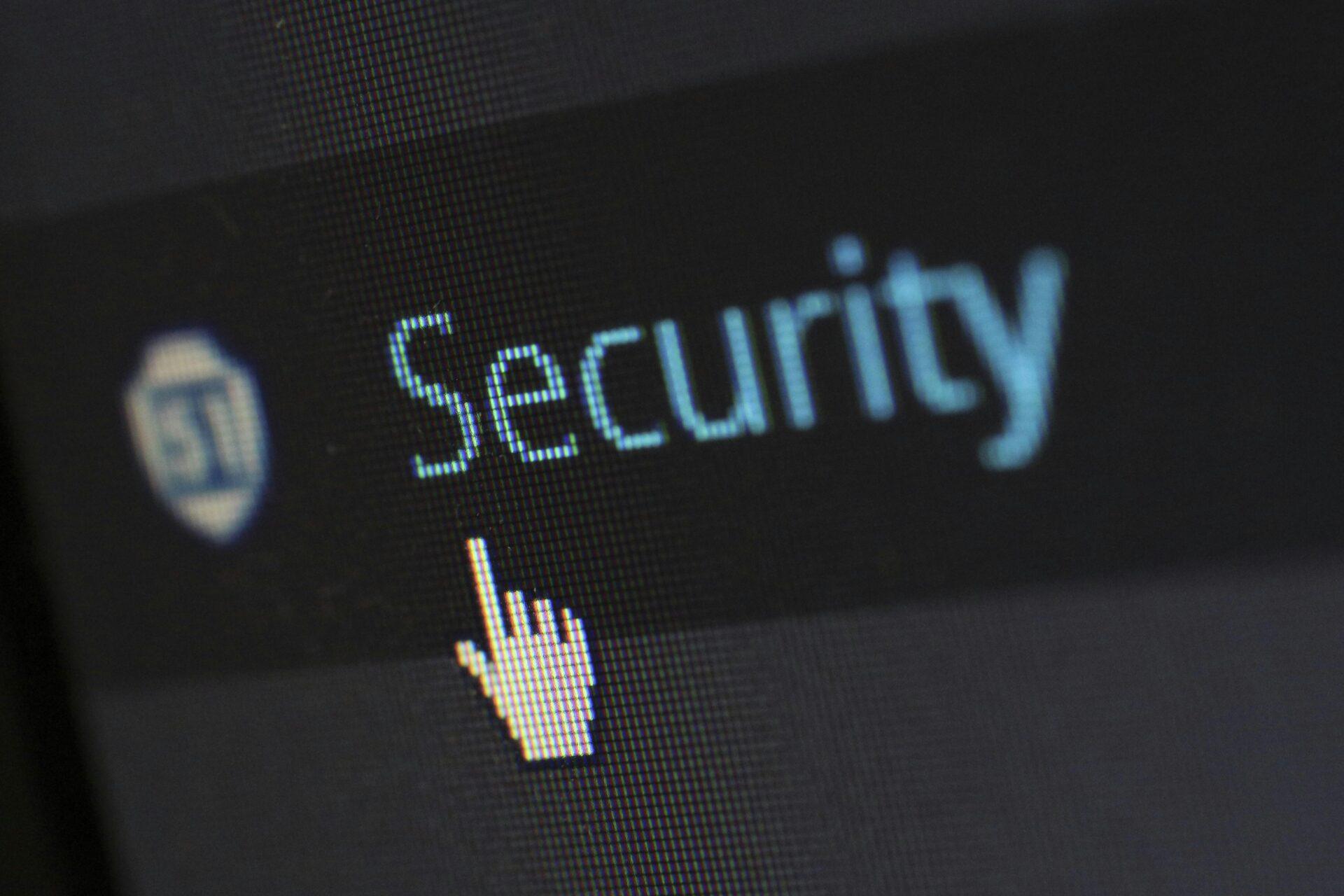In a shocking breach of public trust, it was found that Islamophobic messages were in the process of invading the free Wi-Fi networks in some of the UK’s busiest railway stations this week, shocking people with outrage and heightening the rising tidal waves of hatred in public spaces. British Transport Police were quickly able to apprehend a man associated with Global Reach Technology, the company that maintains Network Rail’s Wi-Fi. But the entire incident casts a shadow over much larger issues regarding the unbridled ascension of Islamophobia and how the hatred can be readily perpetrated and increased in such technology that is literally omnipresent in lives.
In a wave of racist and Islamophobic hate messages, screens at 19 major train stations – including London’s Euston, Manchester Piccadilly, and Birmingham New Street – were bombarded with the posts last night. The messages recalled past terrorist attacks and tried to make the case that the more people hate those accused of one evil act, the better. Cyber vandalism doesn’t begin to describe the hate behind an attempt to sew hatred into a space traversed by millions every day.
While the Wi-Fi system was quickly shut down and no personal data has been compromised, the damage was done. It should scare all of us how easily this hate content could be spread on public networks. It is not just a technical breach but how easily it demonstrates platforms in these hands can now be used as tools to peddle dangerous ideologies, further normalizing Islamophobia within UK public spaces.
Islamophobia in Public Spaces: A Growing Threat
This is not an isolated incident; it is a part of the disturbing trend of mainstreaming Islamophobia in the UK. What used to constitute low-sounding but annoying comments on social media are now being voiced as political rhetoric. The public sphere, hitherto free from such speeches, is now witnessing an alarming frequency of anti-Muslim pronouncements. The fact that a man working for one of the bigger tech companies, Reach Technology, for example, his position to spread these sorts of messages forces us to confront the unpleasant truth: Islamophobia does not exist on fringes anymore; it has seeped into the hearts of our society.
Network Rail moved quickly, canceling Wi-Fi services while assuring that it would investigate thoroughly. That service suspension across those stations, at least of those big crossroads outside of London Bridge, Leeds, and Glasgow Central, was a stopgap measure, useful but temporary. What is going on deeper is how the public space of train stations, as central as it is to the public, can become blunt instruments for hate messages.
Hate Speech as Cyberterrorism
Let’s call a spade a spade: hate speech in cyberspace is terrorism. It fights to intimidate, instill fear, and divide communities. The hackers in this latest incident well knew what they were doing by targeting relatively trafficked public places. It is a very clear step up from the anonymity of internet trolling and into live environments bringing hateful propaganda.
But even worse is that there hasn’t been a wider public outcry by those in power. Yes, an arrest was made, and police were involved, but where’s the bigger conversation about eradicating Islamophobia at source? Why isn’t this treated as the symptom of far greater systemic issues?
The Need for Accountability
While promises abound from Network Rail and the tech companies concerned to review existing security measures, better cybersecurity is little more than a wake-up call for more than that. There is a need to recognize that Islamophobia, whether spread online or in public spaces, is a growing and frightening threat. One person’s arrest does not solve the larger problem of hate being allowed to increase within our society. Until there is a more robust effort to combat Islamophobia, be it online or in our communities, such incidents are only going to rise.
This was not just a technical breach of public Wi-Fi; it was an ideological one. And if we are not vigilant, the next attack may be far more damaging.















